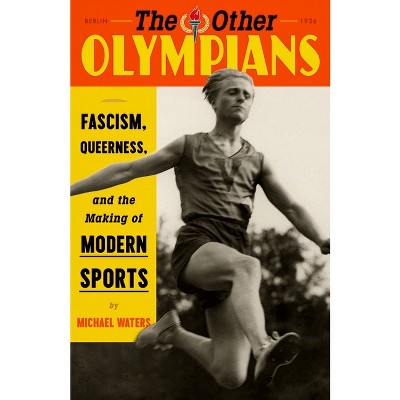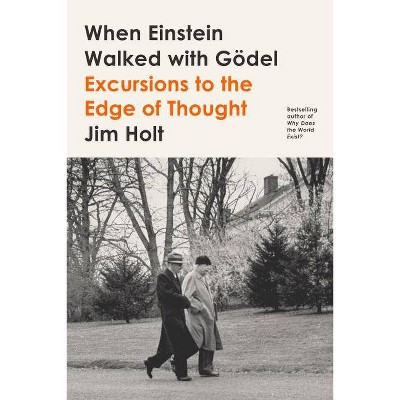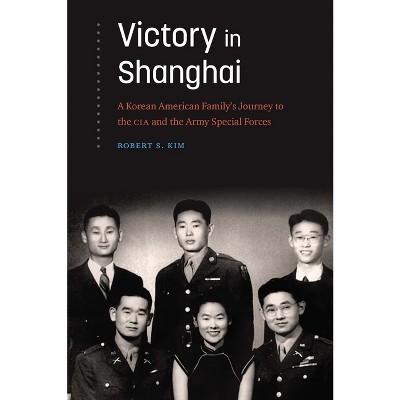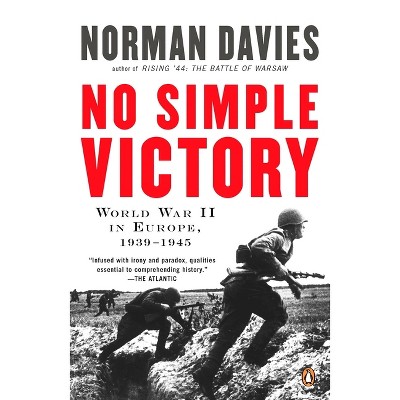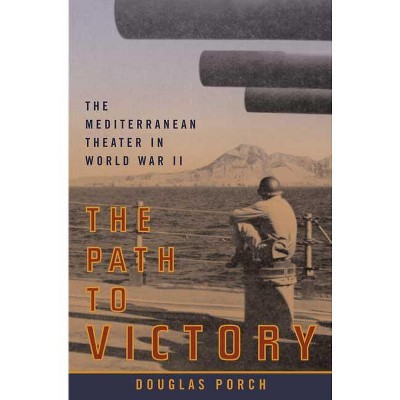Sponsored

Sowing the Seeds of Victory - by Rose Hayden-Smith (Paperback)
In Stock
Sponsored
About this item
Highlights
- Sometimes, to move forward, we must look back.
- About the Author: Rose Hayden-Smith is an academic with the University of California, Agriculture and Natural Resources.
- 264 Pages
- History, Military
Description
About the Book
Sometimes, to move forward, we must look back. Gardening activity during American involvement in World War I (1917-1919) is vital to understanding and informing our current work in agriculture and food systems. Although many Americans are familiar with the Victory Gardens of World War II, few realize that their origins lie in the Liberty Garden program that enjoyed widespread participation during World War I. This book examines three programs: the National War Garden Commission, the United States School Garden Army, and the Woman's Land Army (which some women used to press for suffrage). The urgency of wartime mobilization enabled proponents to promote food production as a vital national security issue. The connection between the nation's food readiness and national security resonated within the context of America's political and cultural life, as the nation struggled to synthesize urban and rural interests, grappled with the nation's plurality and the challenges and opportunities presented by millions of immigrants, and considered the role of America in a global context. Could the same message--that food production is vital to national security--resonate today? These World War I programs resulted in a national gardening ethos that transformed the American food system for the duration of the war, and they provide a model that may help transform today's food system.Book Synopsis
Sometimes, to move forward, we must look back. Gardening activity during American involvement in World War I (1917-1919) is vital to understanding current work in agriculture and food systems. The origins of the American Victory Gardens of World War II lie in the Liberty Garden program during World War I. This book examines the National War Garden Commission, the United States School Garden Army, and the Woman's Land Army (which some women used to press for suffrage).
The urgency of wartime mobilization enabled proponents to promote food production as a vital national security issue. The connection between the nation's food readiness and national security resonated within the U.S., struggling to unite urban and rural interests, grappling with the challenges presented by millions of immigrants, and considering the country's global role. The same message--that food production is vital to national security--can resonate today. These World War I programs resulted in a national gardening ethos that transformed the American food system.
Review Quotes
"recommended"-Choice; "excellent book"-Chicago Botanic Garden; "Rose Hayden-Smith has done us a great service in researching a history that has been hidden in plain sight, right beneath our feet. This book is a great place to start for anyone interested in the U.S. gardening movement, not just for historical interest but because it's a subject, as her treatment of gender shows, that couldn't be more relevant today."-Raj Patel, author; "With this landmark book, Rose Hayden-Smith has kept the American food movement from suffering a sort of amnesia that could cripple current and future initiatives if we persisted with our lack of familiarity with our precedents. Instead, this wonderfully written retrospective actually opens doors for gardeners, food activists and food security planners so that we might build upon the remarkable Victory Garden legacy she has so passionately described."-Gary Paulk Nabhan, author.
About the Author
Rose Hayden-Smith is an academic with the University of California, Agriculture and Natural Resources. A well-known gardening, food systems and sustainable agriculture advocate, she lives in Ventura, California.Shipping details
Return details
Trending Non-Fiction






